Faces of the frontline: Tweed’s emergency responders speak out
From fires and floods to crashes and crime – these are some of the faces of Tweed’s crucial emergency responders it’s perhaps best you never meet.
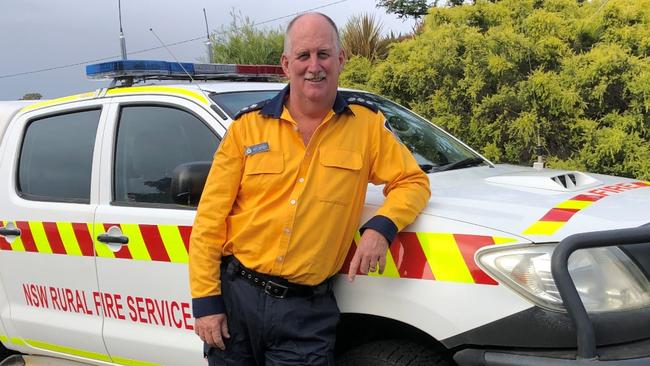
Tweed Heads
Don't miss out on the headlines from Tweed Heads. Followed categories will be added to My News.
From fires and floods to crashes and crime – these are some of the Tweed’s crucial emergency responders it’s perhaps best you never meet.
We chat with local firefighters, paramedics and police officers to see what makes them tick.
TROY MIDDLEBROOK
Age: 48
Role: Cudgen Rural Fire Brigade Captain
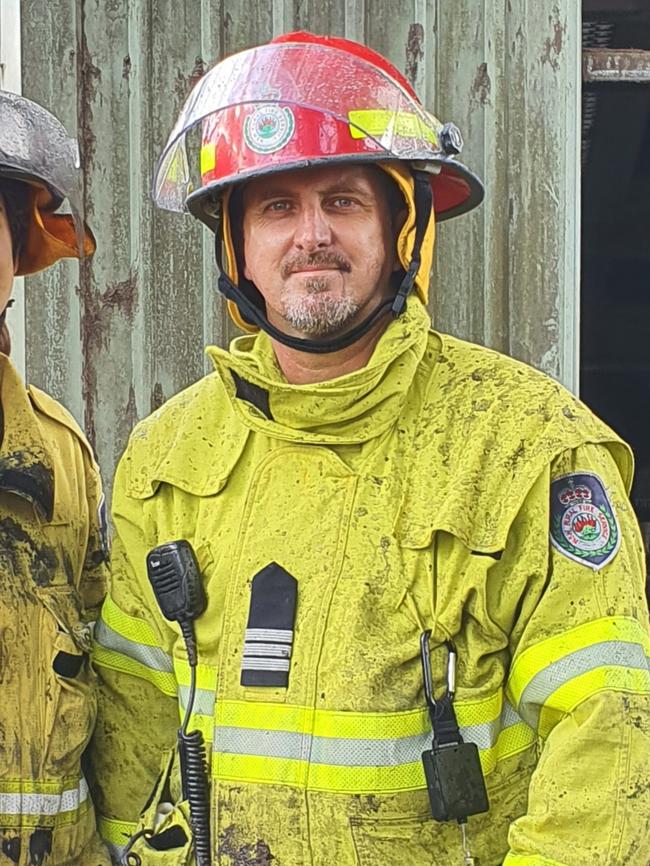
What do you enjoy most about your job?
Working with my team of volunteers for the greater good has a positive impact on the lives of people in my local community, and the communities of NSW or even communities in other states when we‘re called upon in times of disaster.
What is the most difficult thing about your job?
Seeing the devastation of people‘s lives and possessions be destroyed by the disasters we’re called to help them with.
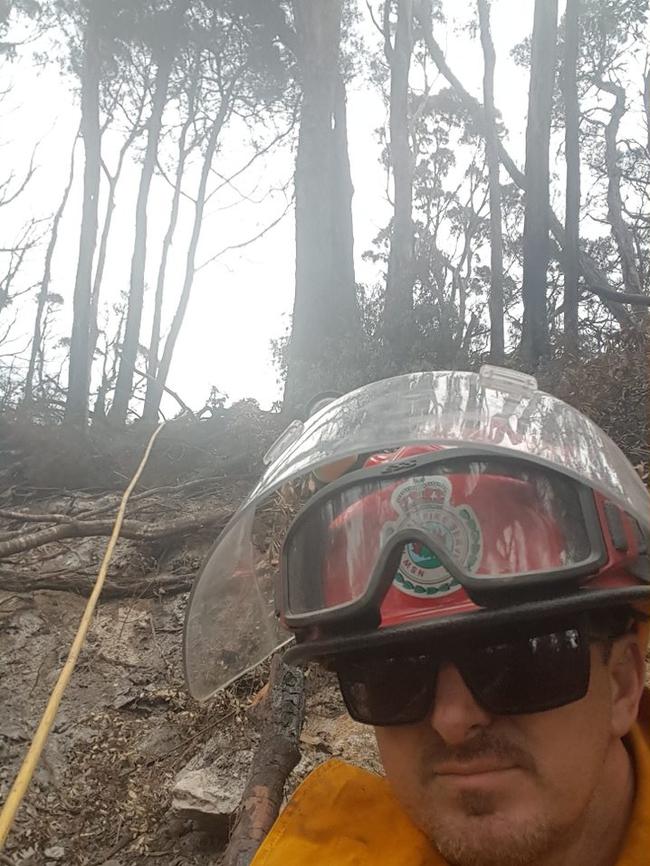
What is something most people wouldn‘t know about your job?
As Captain, I am ultimately responsible for managing the emergency response to incidents including car accidents, fires of all types, supporting of other emergency agencies and the training of volunteers for my brigade area 24/7, 356 days a year, while working a full-time job and raising a family.
MARK EGLINGTON
Age: 65
Role: Rural Fire Service Far North Coast Group Captain
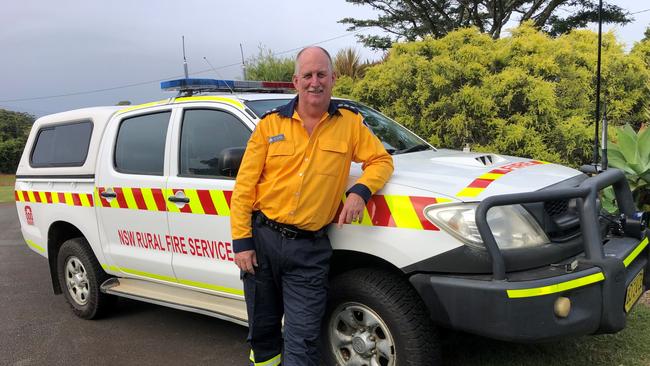
What do you enjoy most about your job?
Being able to assist the community in their times of need.
These times can be very varied sometimes devastating depending on the type of incident.
Times when the community can be under duress – their homes under threat from bushfire, or flood, or their involvement in motor vehicle accidents.
I get great satisfaction from being able to assist with training the new up and coming firefighters within the RFS, as well as (helping) the other firefighters improving and updating their skills.
During my time as a RFS volunteer, I have travelled to many places all over Australia … I have met many people both within the Rural Fire Service, other volunteers or paid organisations and members from the general public. Some have become lifelong friends.
What is the most difficult thing about your job?
Being away from family and friends and not being present at important family celebrations. Witnessing the destruction that mother nature causes and the impact it has on the people, homes and businesses within their community.
What is something most people wouldn‘t know about your job?
Most people wouldn’t know that my position as Group Captain is totally voluntary. I do not get paid.
I also attend 95 per cent of call outs with my local Cudgen Brigade, as well as attending to my duties as Group Captain.
I am on call 24/7 to assist the public in any emergency situation or to assist at any community event when requested.
SAM VAESSEN, 37 – INTENSIVE CARE PARAMEDIC
Age: 37
Role: NSW Ambulance intensive care paramedic
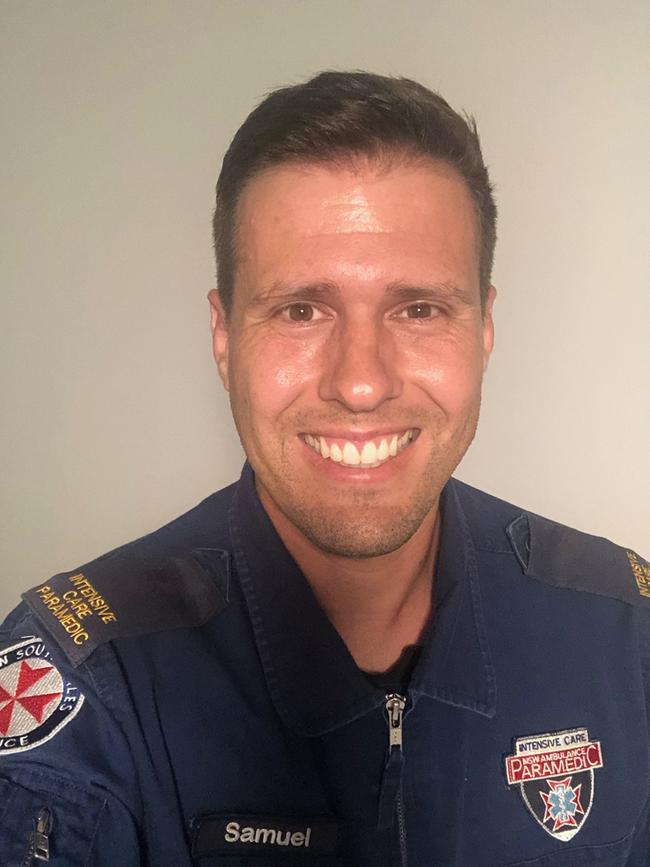
What do you enjoy most about your job?
I always wanted to be a paramedic since being asked by my careers adviser in high school.
I find the pre-hospital clinical work challenging, stimulating and I’m genuinely humbled to be able to help people in their times of need.
I enjoy the constantly changing workplace, like jobs in remote country areas to busy inner city environment.
I also enjoy working with some of the most amazing colleagues who have become like family to me.
My ambulance family make this job all the more rewarding.
What is the most difficult thing about your job?
I would say (the) rotating roster and working all hours of the night/day is challenging – because I have trouble sleeping and shutting off.
As tiring as a 12 hour night shift can be for my body, my mind is always on alert and ready for the next job.
It helps to make light of the situation when you have a partner you can joke with.
On a personal note, working on jobs where you have to confront and comfort family of their loved one’s passing can be a difficult situation.
I would say helping someone deal with grief/loss is never easy.
What is something most people wouldn‘t know about your job?
Paramedics have a big sense of humour – I think this is our way to cope with some of the most invasive life changing scenes.
As trying as the job can be, when we’re in uniform we’re on standby for the next job.
Just like police and other frontline workers, we are committed wholeheartedly.
RACHAEL SMITH
Age: 43
Role: NSW Ambulance paramedic and station manager
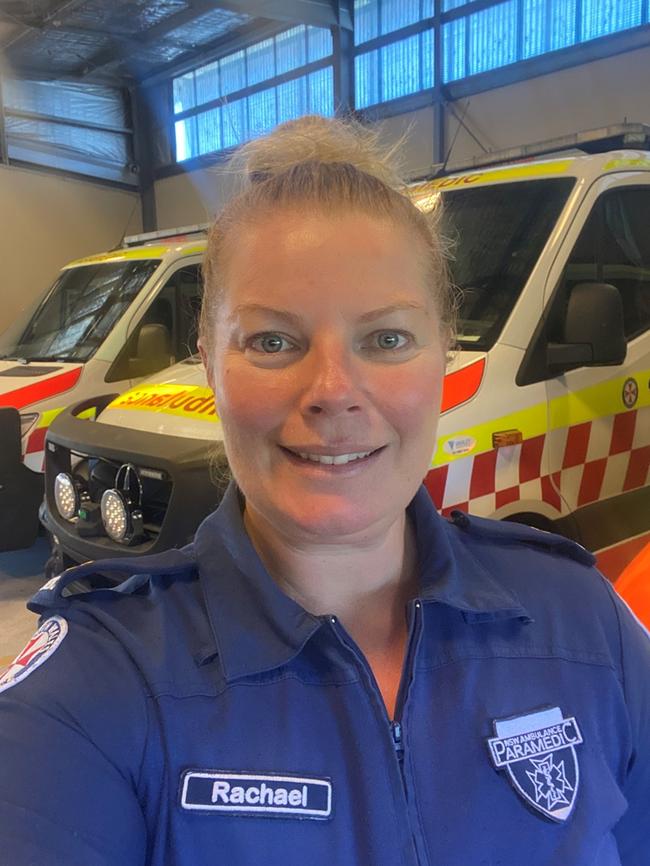
What do you enjoy most about your job?
It is very cliche, but I enjoy helping people – it is the reason I started in this career.
From delivering babies, holding a hand in need or helping a loved one off the floor at 2am, it is a very rewarding career.
What is the most difficult thing about your job?
Tragedy – it comes in all forms of situations. These cases are the most heart wrenching for paramedics.
What is something most people wouldn‘t know about your job?
When you call an ambulance it doesn’t necessarily mean you will be transported to hospital.
We have a number of protocols and alternate pathways in place to assist with your health issue should we deem that your illness can be treated outside an emergency department.
MATT KEHOE
Age: 54
Role: Tweed/Byron Police District officer in charge and Detective Chief Inspector
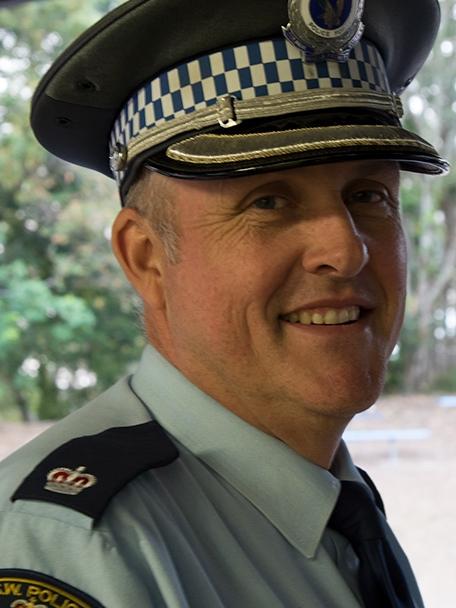
What do you enjoy most about your job?
Helping people – I think it’s the reason most people join the police. To help people and keep them safe.
There is no greater feeling than helping solve someone’s problem when they turn to us.
What is the most difficult thing about your job?
Watching the toll it takes on our staff and families. It’s a tough job and police often see the worst of humanity and many gruesome scenes.
It impacts on these young men and women, and while we have significant support mechanisms and resources available, it still wears people down.
What is something most people wouldn‘t know about your job?
The Police Oath – When you join the police, you give an oath to ‘Protect life and property’.
That really is what Policing is all about. We certainly witnessed this in the 2022 flood emergencies.
ADRIAN MATHEWSON
Age: 45
Role: Tweed/Byron Police District Sergeant
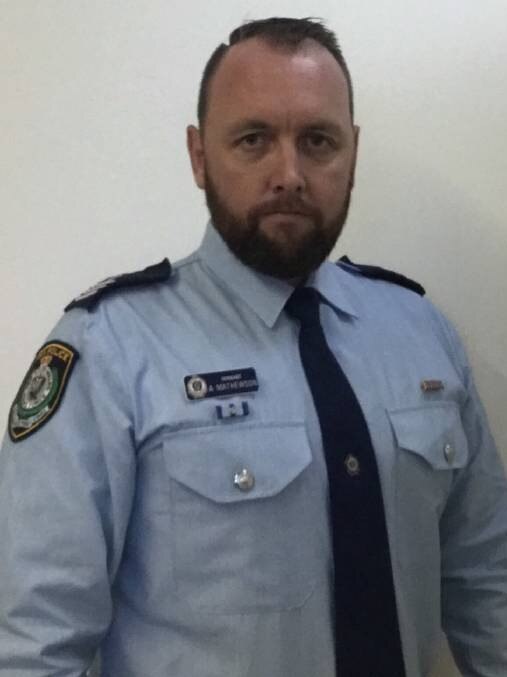
What do you enjoy most about your job?
The most rewarding part of my job is helping the community when it comes to property theft by arresting the criminal and returning the stolen property back to victims.
What is the most difficult thing about your job?
Dealing with the deaths and serious injury of young children.
What is something most people wouldn‘t know about your job?
We’re all human and often have to deal with people at the lowest point in their lives – this can take its toll.
When we help someone and there’s a good outcome, we remember them for a long time.




